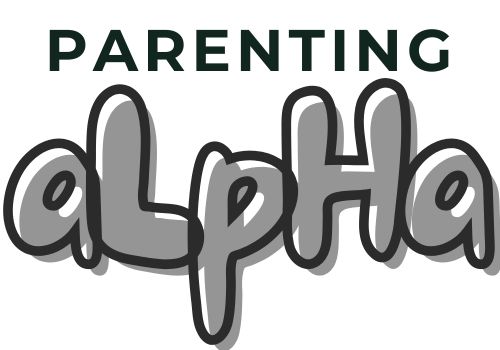Parenting styles play a crucial role in shaping a child’s development and behavior. Among the different parenting styles, uninvolved parenting is considered to be the least effective and beneficial for a child’s well-being.
Also known as neglectful parenting, it happens when the parent is emotionally distant and uninvolved in the child’s life.
Neglectful parenting is just one of the four/five main parenting styles that have been identified by developmental psychologists. The other four styles include authoritative, authoritarian, permissive and helicopter parenting.
Each of these styles has unique characteristics and can have different effects on child development and behavior.
Authoritative parenting features high levels of both responsiveness and demandingness. Authoritarian parenting involves high demandingness but low responsiveness. Permissive parenting includes high responsiveness but low demandingness. Helicopter parenting involves parents who are overly involved in their children’s lives. They hover over them, constantly monitoring their every move, and micromanaging every aspect of their lives.
In comparison, neglectful parenting is the least effective and most harmful for a child’s development.
While authoritative, authoritarian, helicopter and permissive parenting styles may have their own strengths and weaknesses, uninvolved parenting has no advantages and can lead to a range of negative outcomes for children.
Advantages of Uninvolved Parenting:
Well, there are no significant advantages of this type of parenting. In fact, many consider it the most harmful for a child’s development. Children raised by uninvolved parents lack emotional support, guidance, and attention.
4o mini This can have long-term negative effects on their mental health, social skills, and academic performance.
Disadvantages of uninvolved parenting:
- One of the main disadvantages is that children may develop emotional and behavioral problems. Children who are raised in this type of environment may feel neglected, unloved, and unsupported, which can lead to feelings of anxiety, depression, and low self-esteem. These children may also have difficulty forming healthy relationships with others, as they may not have learned important social skills and may have difficulty trusting others.
- Another disadvantage is that children may have poor academic outcomes. Parents who are uninvolved do not always provide the necessary support and resources for children to succeed academically. These children may struggle in school, have poor attendance, and will not have the necessary skills to pursue higher education.
- Uninvolved parenting can also lead to behavioral problems in children. Without clear boundaries and rules, children may engage in risky or harmful behaviors, such as drug use or criminal activity. These children may also lack self-control and have difficulty regulating their emotions. This can lead to impulsive or aggressive behavior.
- Finally, uninvolved parenting can have long-lasting effects on a child’s mental health and well-being. Children who experience neglectful parenting may be at greater risk for developing mental health disorders, such as anxiety and depression. Just as well they may develop physical health problems, such as obesity and heart disease.
Children who experience neglectful parenting may have emotional and behavioral problems, poor academic outcomes, behavioral problems, and long-lasting effects on their mental and physical health.
It is important for parents to be emotionally available and responsive to their children’s needs to promote healthy development and positive outcomes.
Uninvolved parenting and computer misuse at home:

There is a growing concern about the relationship between uninvolved parenting and technology misuse among children and teenagers.
Uninvolved parents may not monitor their children’s use of technology or set limits on screen time, which can lead to excessive use and potential misuse of computers and other electronic devices.
Neglectful parents may also fail to provide guidance and education on the responsible use of technology. This will leave their children vulnerable to online dangers such as cyberbullying, exposure to inappropriate content, and online predators.
Furthermore, uninvolved parenting may contribute to a lack of supervision and guidance on children’s internet use, leading to potential misuse or illegal activities such as hacking or identity theft.
It is important for parents to be aware of the potential risks. Parents should monitor their children’s use of technology, set limits on screen time, and provide education and guidance on responsible online behavior.
Conclusion:
In conclusion, uninvolved parenting is a harmful parenting style that can have negative effects on a child’s development, behavior, and mental health. It is important for parents to be emotionally available, supportive, and involved in their child’s life.
Moreover, parents should set appropriate boundaries and rules regarding computer use to prevent computer misuse and addiction in children. Parents can help their child develop into a healthy, well-adjusted adult by actively involving themselves and promoting responsible computer use.





Leave a Reply